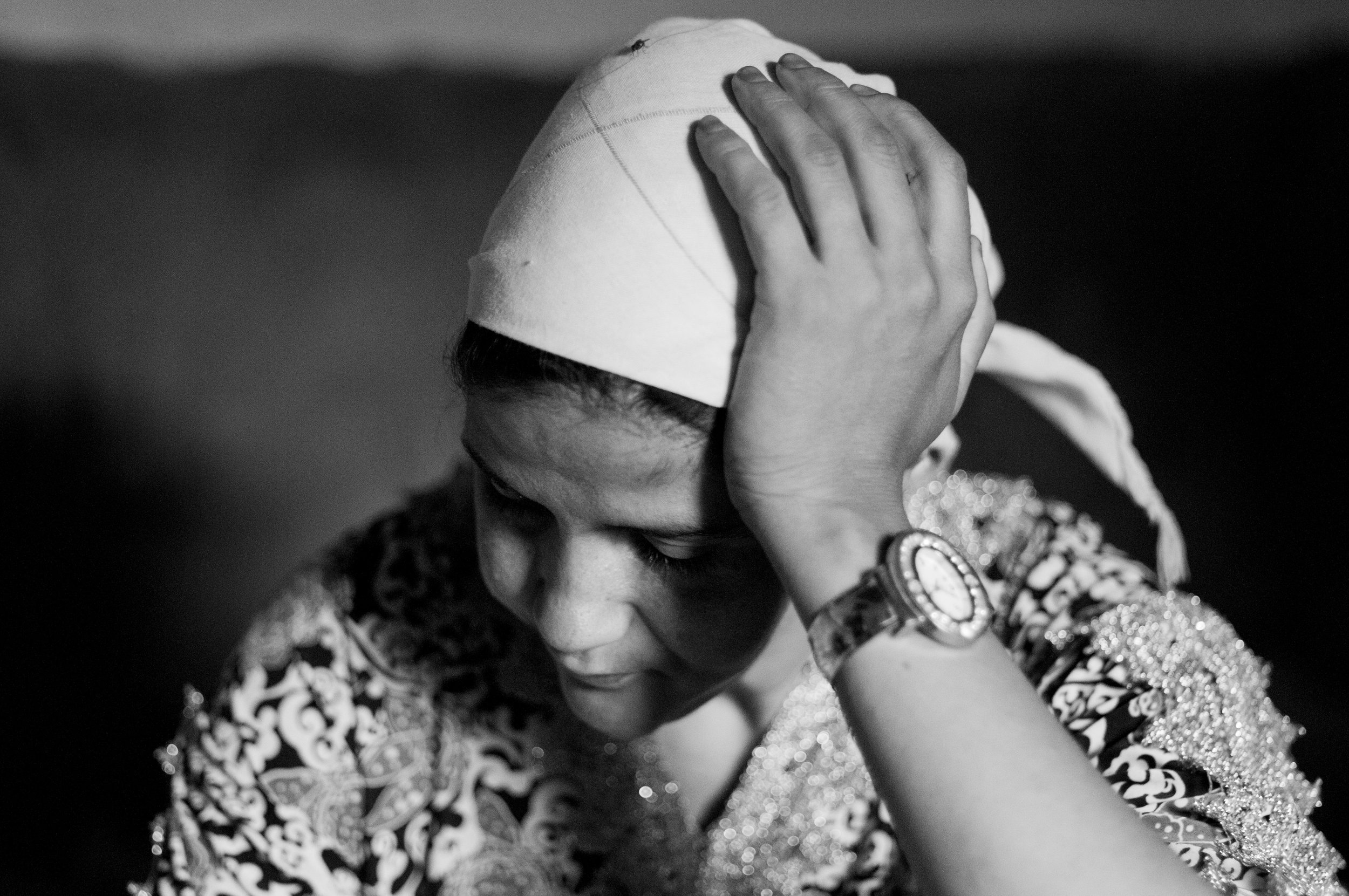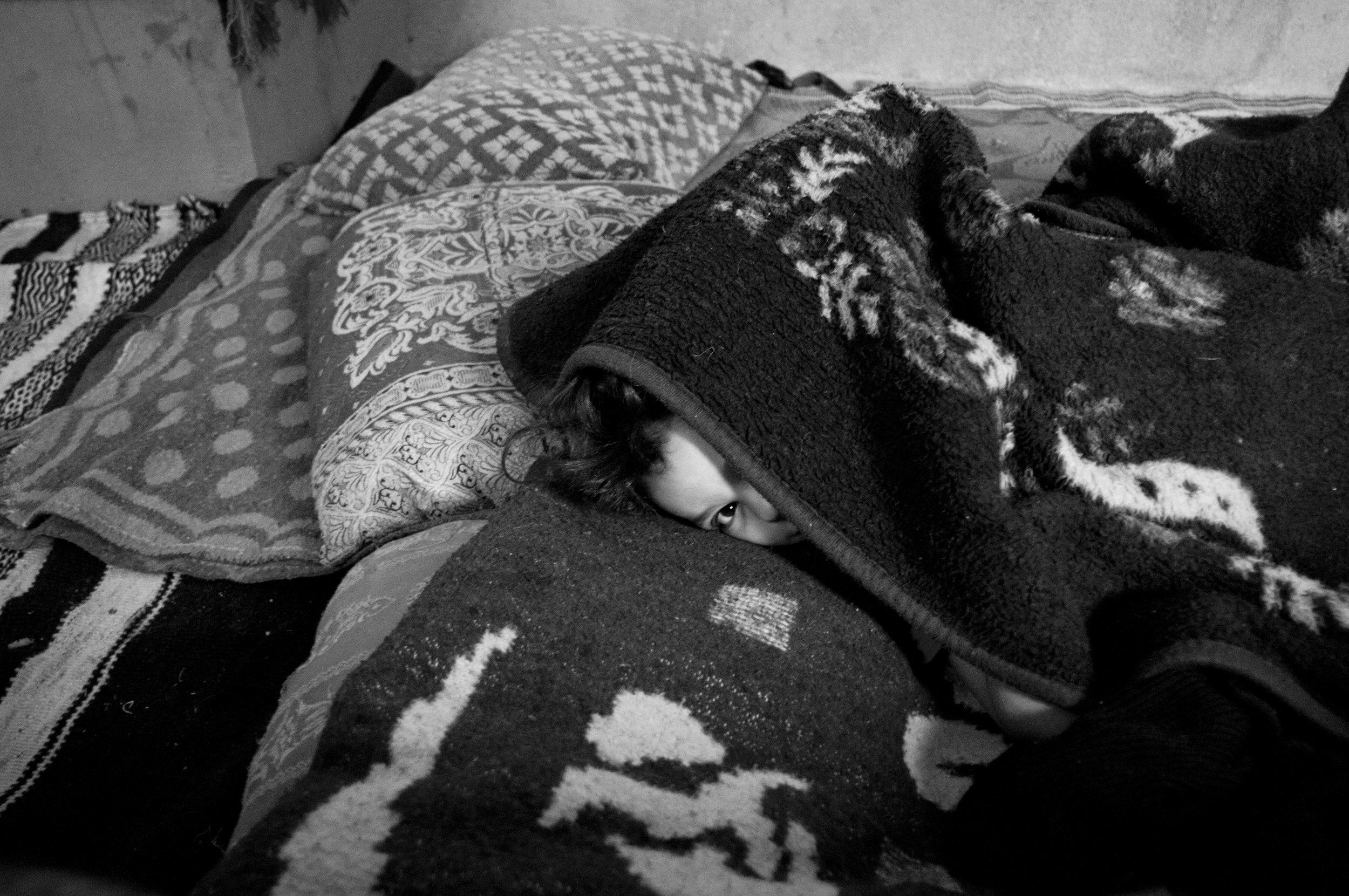
Tighza, Morocco
In a world that continues to become more polarized, I think it’s critical that we are able to see the humanity in the people around us. I have recognized that my connection to exploring people and cultures outside of my own has played an instrumental role in my ability to respect differences, challenge assumptions, and seek out similarities across cultural groups. My intent is to use my photography as a means to expand that perception to a wider community who may not have the exposure I’ve had to a particular group of people.
As tensions rise in the Middle East, it feels poignant to revisit the ethnographic research project I completed while in a small village in the Atlas Mountains of Morocco. I photographed the people of Tighza, a primarily Muslim, rural, and under-resourced community, with the intent of showcasing the vibrancy and joy of Moroccan culture. This is a collection of photographs that represent the way of life in Tighza : mundane tasks, wedding festivities, Moroccan hospitality, Ramadan, prayer, play, etc. Portraits of the people I photographed will allow viewers to peer into the eyes of a stranger - someone you might not, or choose not, to see.
Looking back on the project, I’ve contemplated many times my own bias and privilege as an upper-class white woman coming from Western society to explore an “exotic” culture. Is someone else’s way of life “different,” or is it simply existing? Difference involves comparison, and assumes one way of living is considered “right” and another is “wrong,” but what if we challenged that assumption? What if we collectively stay curious, and seek to understand instead of compare? What if we didn’t have to even understand, but could simply witness?






